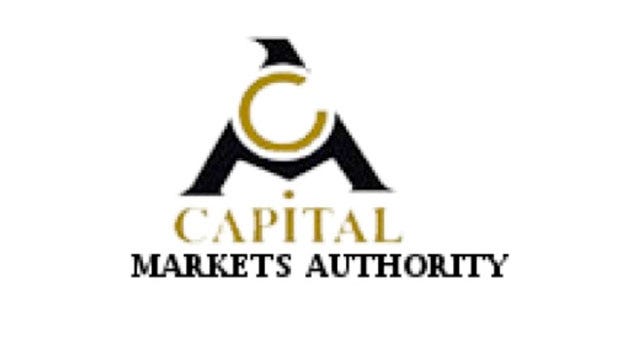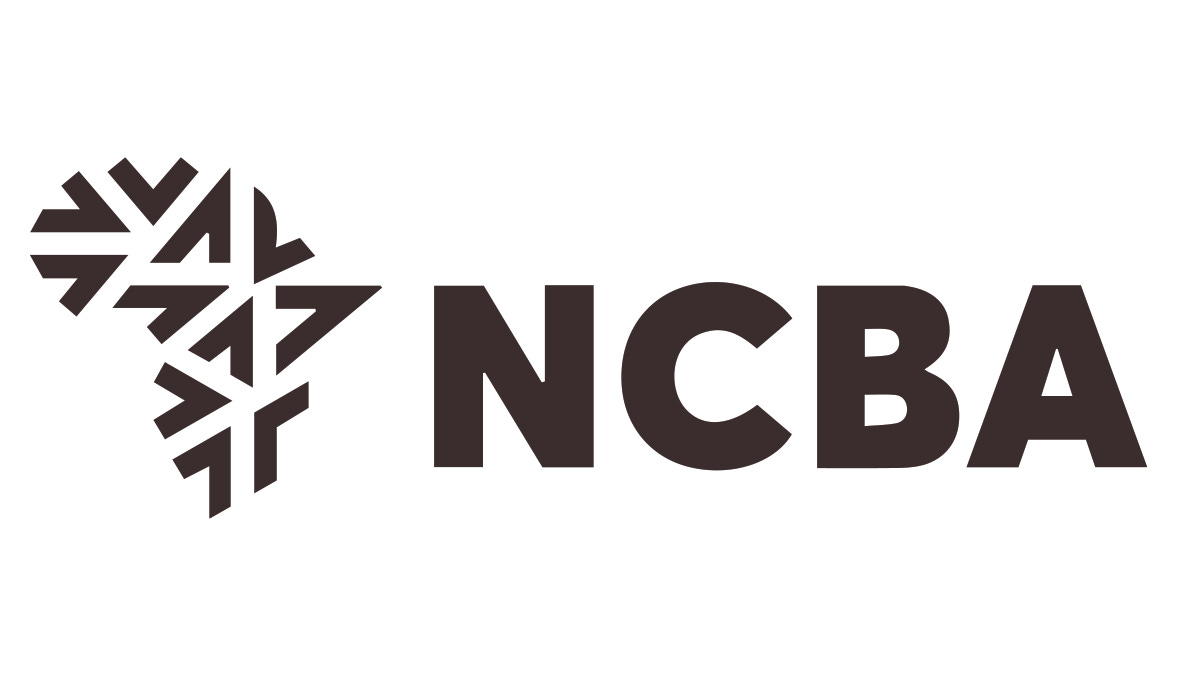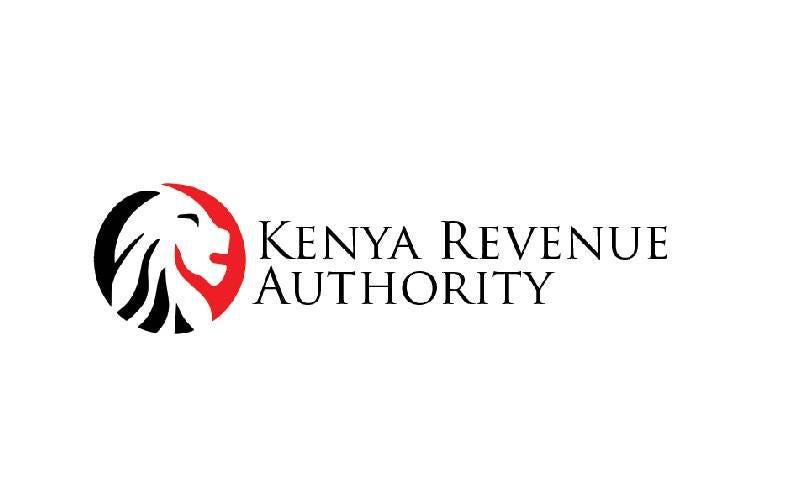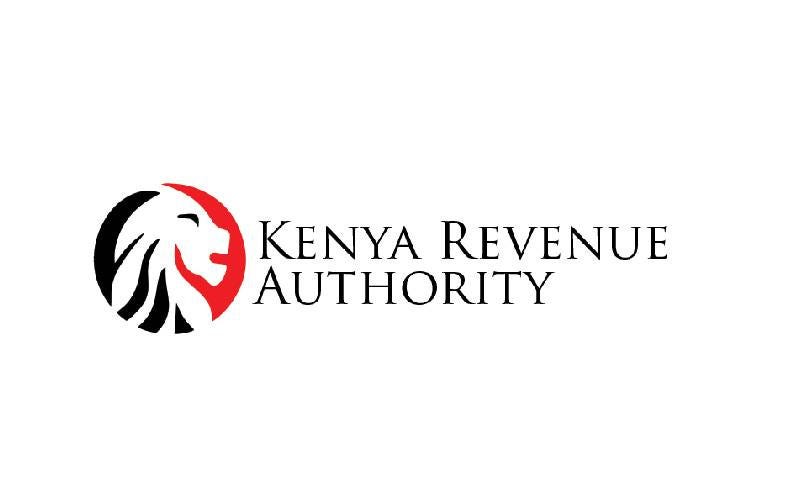Counties Face Cash Crunch as Treasury Delays Disbursement of County Allocations
Treasury had disbursed only 53% of the county allocations to the devolved units three months before the financial year's end, triggering a cash crunch in the regional governments.
The slow disbursement of funds has left counties struggling to pay salaries and freeze development spending, thus hampering job creation and infrastructure projects.
Official data from the Treasury show that the devolved units had received Ksh 212.8 billion out of the Ksh 399.6 billion allocated in the nine months to March.
This is a sharp decline from the Ksh 216.3 billion received by counties in the same period a year earlier, which accounted for 58.4% of their total allocation for the year.
Effect of the slow disbursement
county governments are finding it challenging to meet their obligations and deliver on their mandate.
Salaries account for a significant portion of the county budgets, and the delay in receiving funds has made it impossible for many counties to pay their employees on time.
The freeze on development spending is hurting job creation and infrastructure projects. Many counties have had to suspend projects that would have created much-needed employment opportunities for their citizens.
CAPITAL MARKETS
Capital Markets Authority releases Draft regulatory guidelines for stock brokers
Kenya's Capital Markets Authority (CMA) released the draft regulatory guidelines for stock brokers, dealers, and broker-dealers. The new regulations named the Capital Markets (Licensing Requirements) Regulations, 2023, mark a significant departure from previous rules that only provided for stockbrokers, investment banks, and dealers.
The inclusion of broker-dealers in the regulations is a positive development for Kenya's capital markets.
A broker-dealer is a financial entity that buys and sells securities for its own account or on behalf of its customers. In the United States, the term "broker-dealer" is commonly used to describe stock brokerages because most of them act as both agents and principals.
Highlights of the draft regulations
Qualification for a company to be a broker-dealer:
The company must have a paid-up share capital of at least KES 70 million
It must also maintain shareholders' funds of not less than KES 70 million at any time during the license period. The regulations also require that a broker-dealer maintain a liquid capital of KES 70 million or eight percent of its total liabilities, whichever is higher.
Qualification to be a stockbroker
To be regulated as a stockbroker, the company must have a minimum paid-up share capital of KES 50 million, while dealers must have KES 20 million.
Treasury introduces 3-year bond seeking to raise KES 20 Billion
The Treasury has recently returned to the domestic debt market with a three-year bond that seeks to raise Sh20 billion.
This move comes as the government tries to attract investors who have been reluctant to commit long-term funds to the government amid uncertainty over interest rates.
According to the prospectus of the bond, the interest rate for the new bond will be determined by the market. This means that the rate on accepted bids will be closely watched by investors, who are keen to see if the funding pressure currently facing the Treasury will push the Central Bank of Kenya (CBK) to relax its stance against expensive bids in bond auctions.
The most recent sale of a 15-year bond first sold in 2019 and a three-year paper first sold last year raised just Sh1.76 billion, all on the three-year paper after the cancellation of the longer tenor.
Analysts have suggested that despite the market seeing tight liquidity, the likeliest reason for the bond cancellation was aggressive investor bids which were viewed to be untenable by the government, rather than a lack of interest to lend by investors.
Capital Markets Authority Proposes Lower Minimum Investment Amount for REITs
The Capital Markets Authority (CMA) proposed a new plan to lower the minimum investment amount for professional investors to put into restricted real estate investment trusts (REITs) from KES 5 million to KES 10,000. The move is aimed at spurring interest in these investment vehicles and raising the role of REITs in contributing to the government’s affordable housing agenda.
The current provisions in Kenya require a minimum investment of KES 5 million for an investor to qualify as a professional investor in a development REIT or restricted income REIT.
The high investment threshold aims to limit these offers to a relatively smaller group of “professional investors” who are deemed to be more likely to understand and handle the risks and opportunities of the fund. These investors typically include high-net-worth individuals and institutions such as pension firms and insurers.
The new plan by the CMA is set to democratize participation by retail investors, reducing the concentration from a small pool of well-capitalized entities such as collective investment schemes, banks, underwriters, pension or retirement funds. This will allow more investors to participate in REITs and benefit from the growth potential of the real estate market.
REITS at the Nairobi Securities Exchange : Currently, there are only two listed REITs at the Nairobi Securities Exchange (NSE), with the most recent entry being the Laptrust Imara I-Reit which was listed last month with a minimum subscription amount of Kes 5 million.
With the proposed lower minimum investment amount, it is expected that more REITs will be listed at the NSE, providing investors with more investment options and opportunities.COMPANIES
NCBA to increase lending rates for dollar-dominated loans
NCBA Group announced that it will increase lending rates for dollar and shilling-denominated loans from May 29.
The bank will hike lending rates to 12% and 10.5% respectively, in response to the rise in benchmark lending rates by banking regulators in Kenya and the US.
The move by NCBA comes after the Central Bank of Kenya (CBK) hiked the benchmark lending rate to 9.5% in March, while the US Federal Reserve increased its lending rate to a range of 4.5% and 5%. Both moves were aimed at curbing inflation in the two countries.
NCBA Group is not the only tier-one bank to increase lending rates in response to the rise in benchmark lending rates. Other banks in Kenya have also raised lending rates, following the removal of interest rate caps and the implementation of risk-based pricing by the CBK.“In view of recent increases in the Kenya Central Bank rate and the US Federal Funds rate, we wish to advise that we will be increasing our base lending rates to 12 percent for Ksh-denominated loan facilities and to 10.5 percent for USD-denominated facilities effective May 29th, 2023,” - The bank said in a notice to customers.
Bamburi Cement announced a major shakeup in its board of directors
Bamburi Cement announced a major shakeup of its board with five key changes, including the exit of the CEO and CFO.
The Nairobi Securities Exchange-listed company has been hit hard by reduced sales and increased costs, resulting in a net profit of just Ksh 181 million for the financial year ending December 2022.
This is the lowest net earnings for the company in 32 years, with the last time such a low figure was recorded being in 1991 when Bamburi posted £6.45 million.
Vasileios Karalis, the CFO, is set to leave the company at the end of May, while Secretary Waeni Ngea will exit in June. These departures follow those of the CEO and two non-executive directors.
The company's management has expressed its commitment to turning around the business's fortunes. In a statement, the board said, "We remain confident in the long-term outlook for the cement industry in Kenya, and we are taking steps to address the current challenges we face."
The board also announced that it will be seeking to appoint a new CEO and CFO in the near future.
I&M Group Seeks Shareholder Approval for $75 Million Buyouts
I&M Group, the Kenyan banking group, is seeking shareholder approval to make up to $75 million (Sh10.2 billion) buyouts in the future without requiring fresh approvals. The request is part of the agenda for the annual general meeting (AGM) scheduled for May 25th, 2023.
The move will give the bank more flexibility in acquiring other banks or entering mergers or joint ventures.
According to the AGM agenda, "the company be authorized to undertake an acquisition, a merger, enter into a joint venture agreement or set up a new (greenfield) venture where the value of such a transaction shall not exceed an amount of $75 million."
A source familiar with the matter told the Business Daily that a nod from I&M shareholders would eliminate the need for the group to call for an extraordinary meeting to approve major transactions in the future.
TAX
Kenya Revenue Authority (KRA) is seeking to recover KES 3 billion from Kiwipay Kenya Ltd
The Kenya Revenue Authority (KRA) is seeking to recover KES 3 billion from Kiwipay Kenya Ltd, a payment solution firm whose funds were frozen last year over allegations of involvement in an international card fraud syndicate.
The taxman is demanding the principal amount plus penalties, according to documents filed by Kiwipay in court.
Background
Kiwipay Kenya Ltd had $19.4 million (about KES 2.6 billion) frozen last year after the Assets Recovery Agency (ARA) claimed that the firm was part of an international card fraud syndicate. The ARA later withdrew the case against the firm, but several parties obtained court orders for the money to remain frozen.
Kiwipay Kenya Ltd argues that it is sinking into debt as it cannot access its funds, which court orders obtained by various parties have frozen. The company claims that Ecobank, where the funds are held, has paid money to other parties while the orders are subsisting, resulting in liabilities accruing as debts to the company, including statutory outgoings and taxes that have fallen due and attract penalties.
The demand by KRA for Sh3 billion is likely to put further strain on the finances of Kiwipay Kenya Ltd, which has already been struggling to stay afloat due to the frozen funds. The company provides payment solutions to various industries, including retail, healthcare, and e-commerce.
KRA to allow the use of bonded warehouses for imported used vehicles
The government directed the Kenya Revenue Authority (KRA) to allow the use of bonded warehouses for imported used vehicles, putting them on the same pedestal as new vehicle imports.
This allows importers to store units in KRA Customs-controlled premises for up to six months (and may seek an additional six months extension) without payment of taxes as they look for buyers.
At present, used car importers are required to pay all taxes estimated at nearly 55% of the import cost and remove their units from container freight stations (CFS) within 30 days.
What is a bonded warehouse? This is a premise licensed by the Kenya Revenue Authority every year where goods whose tax payment is pending are deposited. The bonded warehouses are owned by private companies but are kept under lock and key with permission to access them only granted by a KRA customs officer.
Where are bonded warehouses located? The premises can be located anywhere. This can be at the Port of Mombasa or any other place, but admission and release of goods from the warehouses is controlled by KRA.
What happens presently when a dealer or individual imports a used motor vehicle? Second-hand motor vehicles are inspected at the container freight station (CFS). Dealers or individuals are required to clear all import duties and remove the vehicles within a month from the CFS. Failure to evacuate prompts the KRA’s commissioner for customs to give them a month’s notice to clear the cars or risk the vehicles being auctioned.
WHAT YOU MAY HAVE MISSED
Kenya Investment Authority entered into a partnership agreement with CNN
Kenya Investment Authority entered into a partnership agreement with CNN aimed at enhancing Kenya's reputation as an appealing investment hub and boosting export activities
Russia firm fertiliser donation ship expected in next 20 days
Russia’s Uralchem-Uralkali Group has said that a 34,000-tonne fertilizer consignment donated to Kenya is on its way to the Port of Mombasa after leaving Latvia with the ship expected to dock in the next 20 days.
The value of the assorted fertilizers is estimated at more than Sh3 billion and is the second batch of the group’s series of shipments of its fertilizers totaling 300,000 tonnes, currently stored in the European ports and warehouses to the African continent.
The Capital Markets Authority (CMA) is pushing for the return of the graduated preferential tax rates for new public listings in a move to encourage firms to list on the Nairobi Securities Exchange (NSE).
The preferential tax rates were scrapped through the 2020 Tax Laws Amendment Bill, effectively removing a key incentive that encouraged companies to go public.










